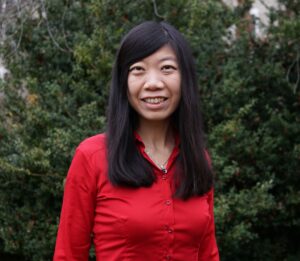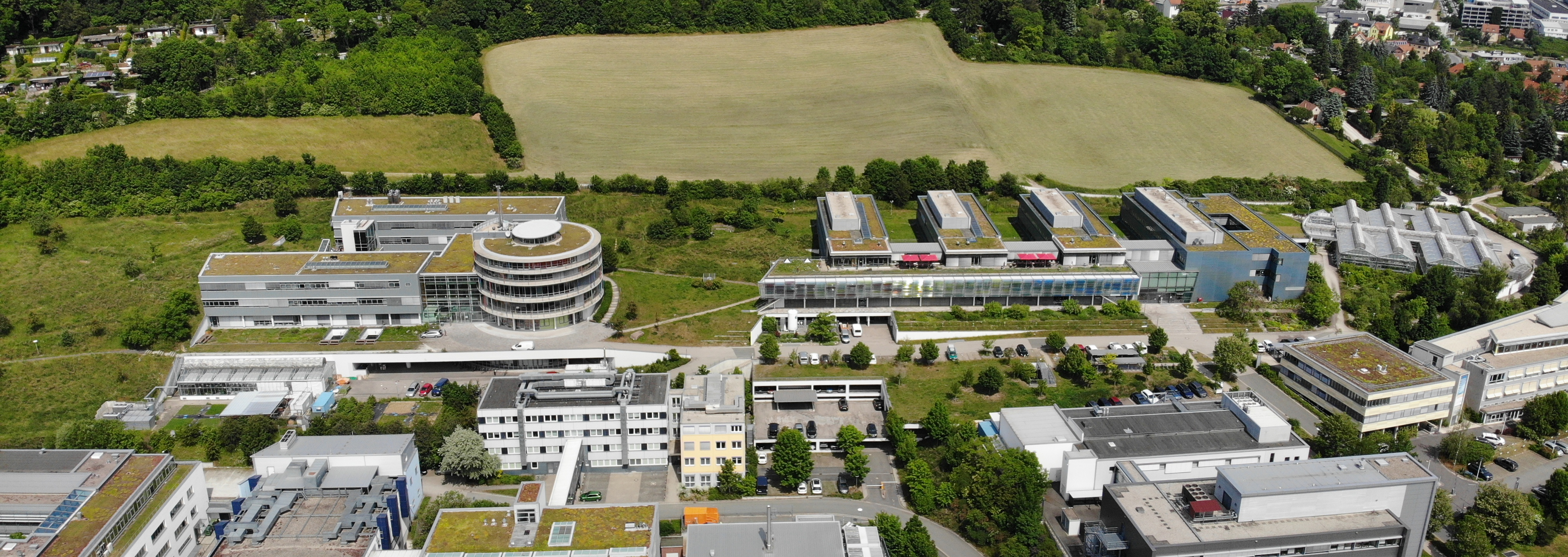
Novel approaches to identify and quantify urban sources and sinks of greenhouse gases
2nd June 2022 | 11.20 am – 11.40 am
Hans-Knöll-Straße 10, 07745 Jena, Germany
BGC Lecture Hall
Zoom: will be provided
Session 1 – Long-term observations of change (Martin Heimann, moderator)
2nd June 2022 | 9.45 am – 11.40 am
Abstract
As more than 70% of fossil fuel-based carbon dioxide (CO2) is emitted in urban areas, urban greenhouse gas (GHG) emissions play a crucial role in achieving the emission reduction goals. Since measuring GHG emissions is a challenging and costly task, current city emission inventories rely mainly on bottom-up calculations rather than measurements. Thus, carbon emission numbers are subject to great uncertainty, as unknown or misquantified emitters cause large errors. It has been reported that current emission inventories can have errors of 50 to 100% in fossil fuel CO2 emissions, at the scale of individual cities. In terms of the methane budget, urban emissions remain a poorly examined and underestimated part.
I will present a novel measurement method (Differential Column Measurements, DCM) and MUCCnet (Munich Urban Carbon Column network), the world’s first permanent urban GHG sensor network consisting of five ground-based remote sensing systems. MUCCnet is based on the DCM principle and serves to validate satellite measurements and monitor GHG emissions over the long term. By using MUCCnet data as well as satellite measurements of GHGs and solar-induced chlorophyll fluorescence, combined with our newly developed modelling methods based on computational fluid dynamics, machine learning, and Bayesian inversion, we have been able to monitor the GHG emissions and sinks, and to reveal unknown emission sources at different spatial scales – from local scale to global scale. Within the ICOS Cities project (PAUL), we are setting up 100 street-level low-cost CO2 sensors as well as 20 roof-level mid-cost CO2 sensors based on the NDIR principle, which complement the existing MUCCnet for a comprehensive emission assessment based on atmospheric concentration measurements. Apart from Munich, I will present our investigation of city emissions in Indianapolis, San Francisco and Hamburg.
Biography
Jia Chen is an associate professor of Environmental Sensing and Modeling in the Department of Electrical and Computer Engineering at Technical University of Munich. She is also an associate with Harvard Department of Earth and Planetary Sciences. Jia Chen studied electrical engineering and Information Technology at the University of Karlsruhe (Dipl.-Ing.) and was awarded a Doctorate of Engineering (Dr.–Ing.) with summa cum laude from Technical University of Munich. From 2011 to 2015 she was a postdoctoral fellow in the Environmental Science & Engineering Department at Harvard University, working with Professor Steven Wofsy.
Jia Chen’s research focuses on greenhouse gas emissions and urban air pollution. She develops novel optical sensors, methods, and atmospheric models to localize and quantify greenhouse gas emissions and to understand the metabolism of air pollutants in urban environments. Jia Chen is the science lead for Munich in the EU ICOS Cities project (PAUL) within the framework of European Green Deal. In 2020, Jia Chen was named as Germany’s “Top 40 unter 40” by the magazine Capital and in 2021 she was selected to be a member of the Global Young Academy, where she chairs the working group “Citizen Science for the 2030 SDG Agenda”. She is the (co-)author of 63 peer-reviewed journal publications, 2 books and 2 book chapters, 136 conference contributions and 12 patents (https://go.tum.de/072266). She is also a recipient of the Kaiser Friedrich Research Prize, the VDE ITG dissertation award, the Rohde & Schwarz Award, as well as the Arnold-Sommerfeld-Award.
